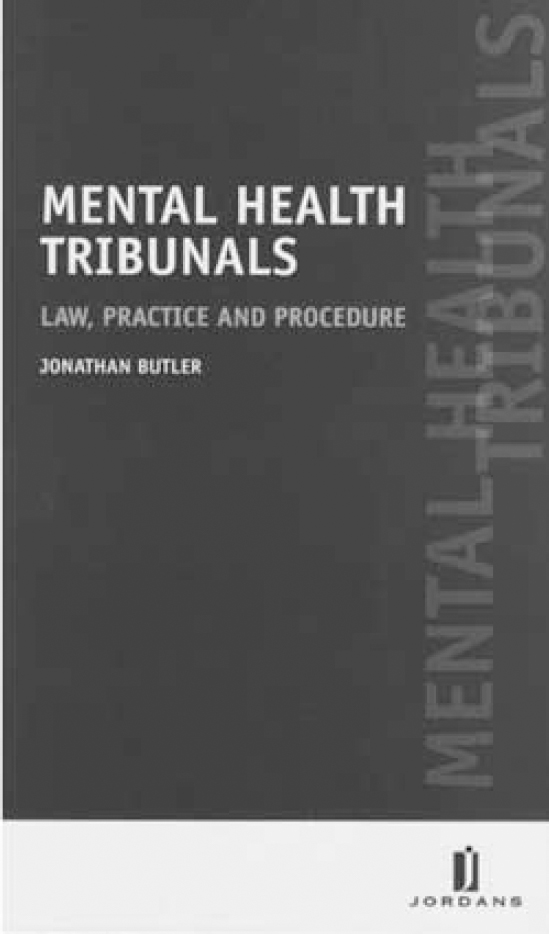
The changes to the mental health review tribunal in 2008 were overshadowed by those to the Mental Health Act. The tribunals service acknowledges that the change has few implications for patients, hospitals or local Social Services so it is perhaps difficult to raise expectations in this audience for this book. Most people are aware that there is no longer any such thing as the mental health review tribunal (although struggle with what to call its successor) but as other changes are related to practice and procedure, this book should be a useful adjunct to the information readily available on changes to the law relating to mental health.
The book certainly provides a complete guide to the new law and is helpfully accompanied by full versions of relevant legislation and the first tier (health, education and social care) tribunal rules. The layout is much more accessible than many legal texts; the book is practically useful, with clear subheadings and indexing making it a viable all-in-one handbook. Although it is not written specifically for psychiatrists, it is free from the legal jargon that may ordinarily repel the interested practitioner.
I am frequently asked to comment on the powers of the tribunal by colleagues; although the questions vary, they could probably be summarised as, ‘Can they [tribunals] do that?’ Perhaps the test of this book is whether it can satisfactorily answer those questions and in my experience it performed very well.
There is a reluctance to wholeheartedly recommend this book as a necessary addition to your library – if you invest in a copy of Richard Jones' Mental Health Act Manual every year then this is probably an unnecessary text. If, however, you struggle with the size of the font in Jones' book or you want a more practical and easily navigable guide to the new tribunal, then this is a worthwhile purchase.



eLetters
No eLetters have been published for this article.